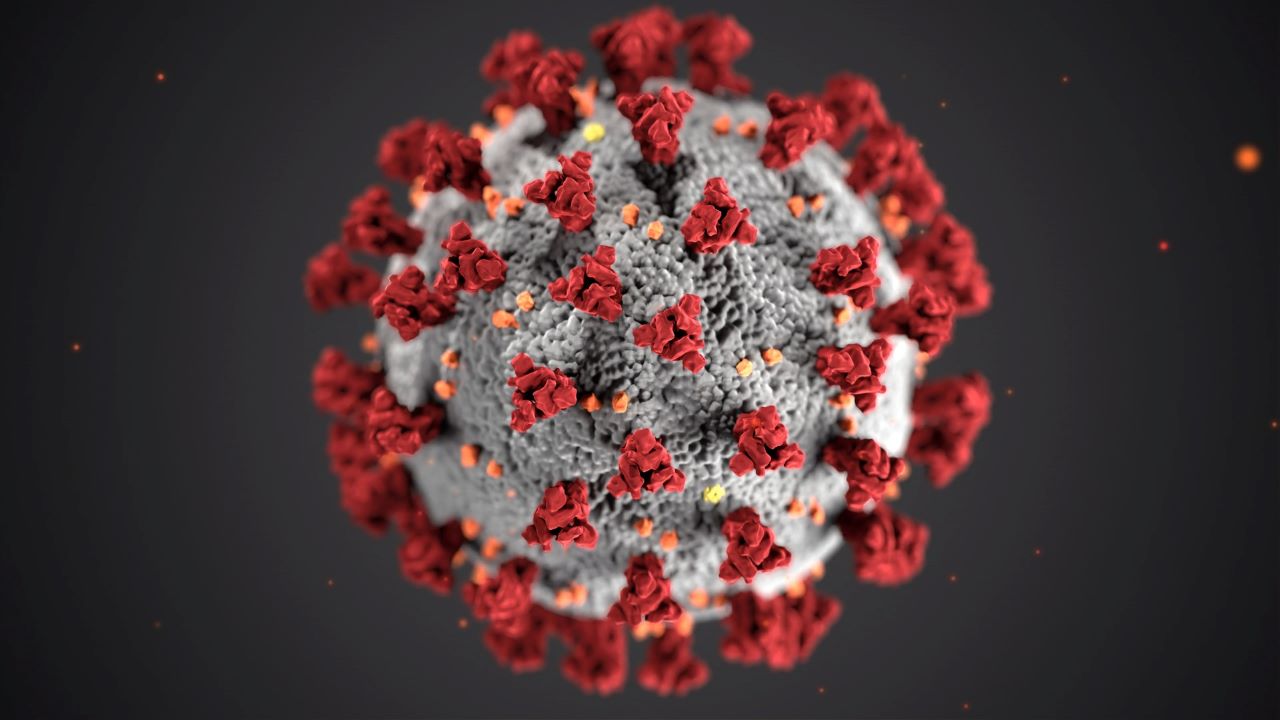
Biotechnology company Turn Therapeutics has announced the enrolment of the first subjects in a clinical trial of its product, Hexagen, for treatment and prevention of Covid-19.
In the trial, Hexagen will be administered intranasally and analysed as a method for lowering viral load, as well as uptake, at the critical infection points that line the nasal passage.

Discover B2B Marketing That Performs
Combine business intelligence and editorial excellence to reach engaged professionals across 36 leading media platforms.
Turn Therapeutics chief medical officer Dr Neil Ghodadra said: “We believe that by reducing viral load early during Covid-19 disease progression, there will be much less opportunity for patients to aspirate viral matter into the lungs, which has been shown to lead to severe respiratory disease.
“Nasal decolonisation is a tried-and-true practice used in hospitals to reduce the likelihood of hospital acquired infection.
“Hexagen brings a new, yet trusted formula to this practice, one that not only kills a wide array of viruses, fungi, and bacteria but also has extended-release properties and continues to safely eliminate these pathogens for hours with a single application.”
The randomised, placebo-controlled trial will have 100 mild to moderate Covid-19 patients and 50 healthcare workers across four leading hospitals in Panama.

US Tariffs are shifting - will you react or anticipate?
Don’t let policy changes catch you off guard. Stay proactive with real-time data and expert analysis.
By GlobalDataThe treatment arms will evaluate the efficacy of a five-day, three times per day nasal decolonisation protocol in lowering viral load and symptom progression of mild to moderate Covid-19 patients.
Turn Therapeutics noted that the prevention arms will analyse Hexagen’s ability in preventing Covid-19 infection in frontline workers when worn intranasally as an adjunct to personal protective equipment.
The company expects initial data readout in early March.
In a separate development, Atea Pharmaceuticals published new prelicinial data highlighting the highly potent in vitro antiviral activity of an orally administered, direct-acting antiviral developmental agent, AT-527, against SARS-CoV-2.
In many in vitro assays, the freebase of AT-527, AT-511, showed highly potent activity in stopping SARS-CoV-2 replication. The results show that AT-511 is extensively activated in the key human primary cells, nasal and bronchial epithelial cells.
Furthermore, the half-life noted in these primary human cells of the upper and lower respiratory tract was around 40 hours, which is a major pharmacokinetic /pharmacodynamic characteristic that allows accumulation of the active triphosphate metabolite of the drug candidate in these key tissues.
This results in the potent inhibition of SARS-CoV-2 viral replication by AT-527.





